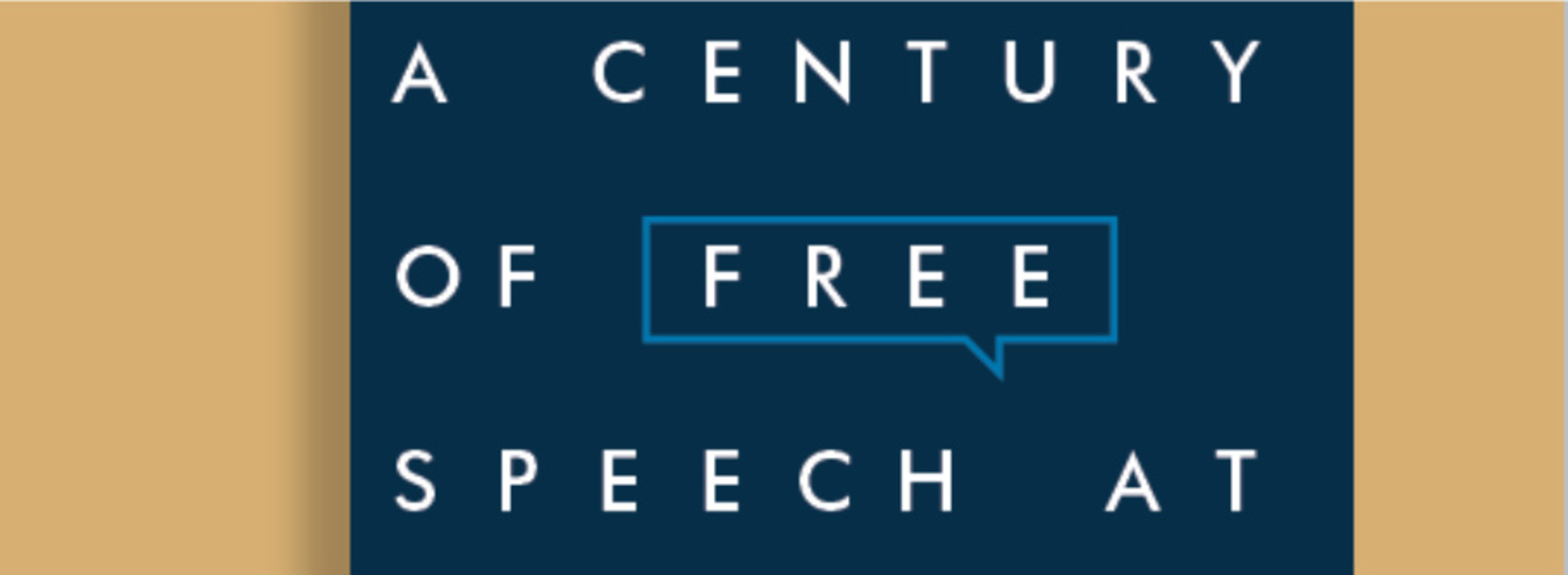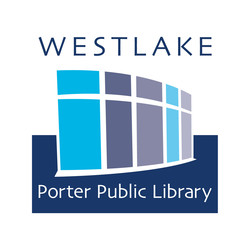Friday, October 17, 2014
The Next Best Thing: Savoring A Century of Free Speech at the City Club of Cleveland
OK, it’s a little bit late. (The actual anniversary was 2012.) But the final product was worth the wait. And, like the club and the forums it chronicles, this book pulls no punches and respects no sacred cows.
Turns out it’s been quite an adventure. And it’s all here. In a highly readable and penetrating look back, historian and author Carol Poh shows the City Club’s century-long evolution from spunky, irreverent social club to acclaimed Citadel of Free Speech and the lively (and we do mean lively!) exchange of ideas about the Great Issues and sometimes Earth-shaking Events that have shaped 21st Century America—and Cleveland.
In the second half of the book, which takes its place alongside two earlier histories, the most memorable moments from the past 26 years of the City Club’s Friday Forums are splendidly captured by Poh, photographer Sam Adamo and award-winning designer Tom Barnard.
Adamo’s crisp, often revealing portraits—he was there almost every Friday for all of those last 26 years, crouching unobtrusively among the tables in the often packed dining room—catch the moments, the faces, the passion, the expressions of speakers surprised by a searing question from a concerned citizen or one of the movers and shakers who have gathered each Friday noon (originally Saturday) since 1912 to put the purveyors of new ideas and social gospels to the test.
A full-page collage juxtaposes Sam’s close-ups of speakers’ hands. (Can you match them with the celebrity faces?) He always watched their hands, Adamo explained, because he quickly discovered that it was often there that a speaker’s reactions to a penetrating question were first seen. “That was the tip-off that something good was about to appear in the face,” he says, a reminder that some of the most telling moments in any exchange take place in the silences, indeed, in the bodies; there is a lot going on in encounters of the sort experienced every Friday than what is being heard by the Forum’s nationally syndicated radio audience.
(Once, as I sat patiently waiting outside his office in Rockefeller Center, I was greeted by an apologetic David Rockefeller Jr. who explained he was late for our appointment because he’d been sitting downstairs in his limousine listening to the City Club Forum “and couldn’t turn it off.” The grandson of Cleveland’s most famous native son and oil tycoon snapped up an invitation to address the forum.)
Poh did her homework, spending many hours probing the memories of several longtime club members, unearthing scores of wonderful forgotten photographs, and sifting through both the printed record and the video transcriptions of eminent speakers’ addresses now housed at Cleveland State University. She looks at the origins of the club from our vantage point of 100 years later: what it set out to be, what it was, what it became. And how it was shaped—and forced to reexamine itself and its own unconscious social biases—by the events and growing pains of American society over that tumultuous century.
It was a period in which many long-held assumptions were called into question. And so, after heated debate, the City Club itself finally admitted women members and began to reach out to a more inclusive demographic, indeed, would offer its platform and microphone for the frank discussion of issues never foreseen by the club’s—or nation’s—founders. The roster of speakers who have addressed the forum or debated their causes there is a Who’s Who of historical figures—from Hull House founder Jane Addams and presidential candidate Franklin Roosevelt to Teamsters boss Jimmy Hoffa and Archbishop Desmond Tutu. Some delicious stories are recounted.
Picking up where the club’s 75th anniversary history America’s Soapbox left off, Poh and Adamo bring to life some of the most memorable moments of the past 26 years. Each forum season starts with a striking two-page spread that recaptures, in words and pictures, one especially revealing (or history-making) address—followed by incisive thumbnails and head shots recalling a number of other notable presentations—or confrontations—that occurred at the forum that year. For the feature—insisted upon by the fierce skeptics and unintimidated iconoclasts who birthed the nation’s longest continuous forum—that still sets the City Club of Cleveland apart from so many imitators is the unedited, unscreened Q and A that follows every address.
Praise is due, too, for the contribution of Tom Barnard, the gifted graphic designer who is responsible for a series of handsome coffee-table books from the Cleveland Museum of Art. Barnard’s stunning—and invitingly spacious—presentation of text and pictures makes this historic accounting of the life of an important institution as accessible as the Sunday Times Magazine or a high definition broadcast of the Masters from Augusta National. (A very generous grant from the Abington Foundation and the graciously donated printing services of Cleveland-based Consolidated Solutions made this ambitious project possible.)
You’ll want your own copy of A Century of Free Speech at the City Club of Cleveland. And after you’ve spent some time with it yourself, leave it out on the coffee table. Trust me, it will spark many a fascinating discussion—and no doubt vivid memories of their own—among your dinner guests.
That’s how it was with the history of the last quarter-century: we were all there. And the luckiest of all were those of us who sat in the City Club’s dining room face to face with the history makers, watching their faces (and hands!) as they, like civil rights pioneer Rosa Parks or Chinese dissident student Pei Min Xin after Tiananen Square, shared their special perspectives on historic events or, like House Speaker Newt Gingrich or eco-architect William McDonough, submitted their bold visions for the future.
A Century of Free Speech is the next best thing to having been there.
Dennis Dooley, a former WCPN producer for Culture and Ideas and a past president of the City Club, served on the committee that oversaw the preparation of the newest history of the club and its legendary forum. If you'd like a copy of A Century of Free Speech, consider a City Club membership. You can also buy it at Amazon.com and local booksellers.






